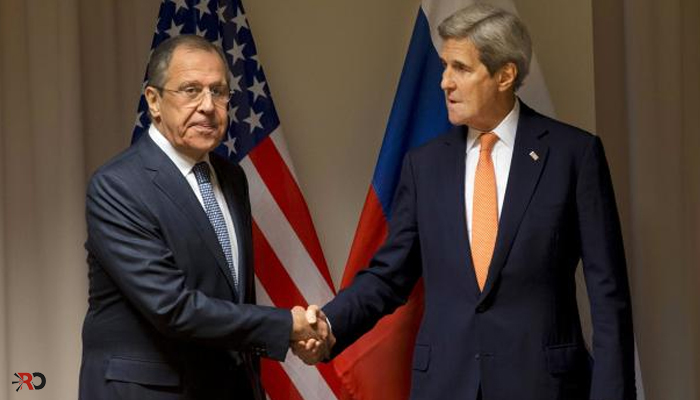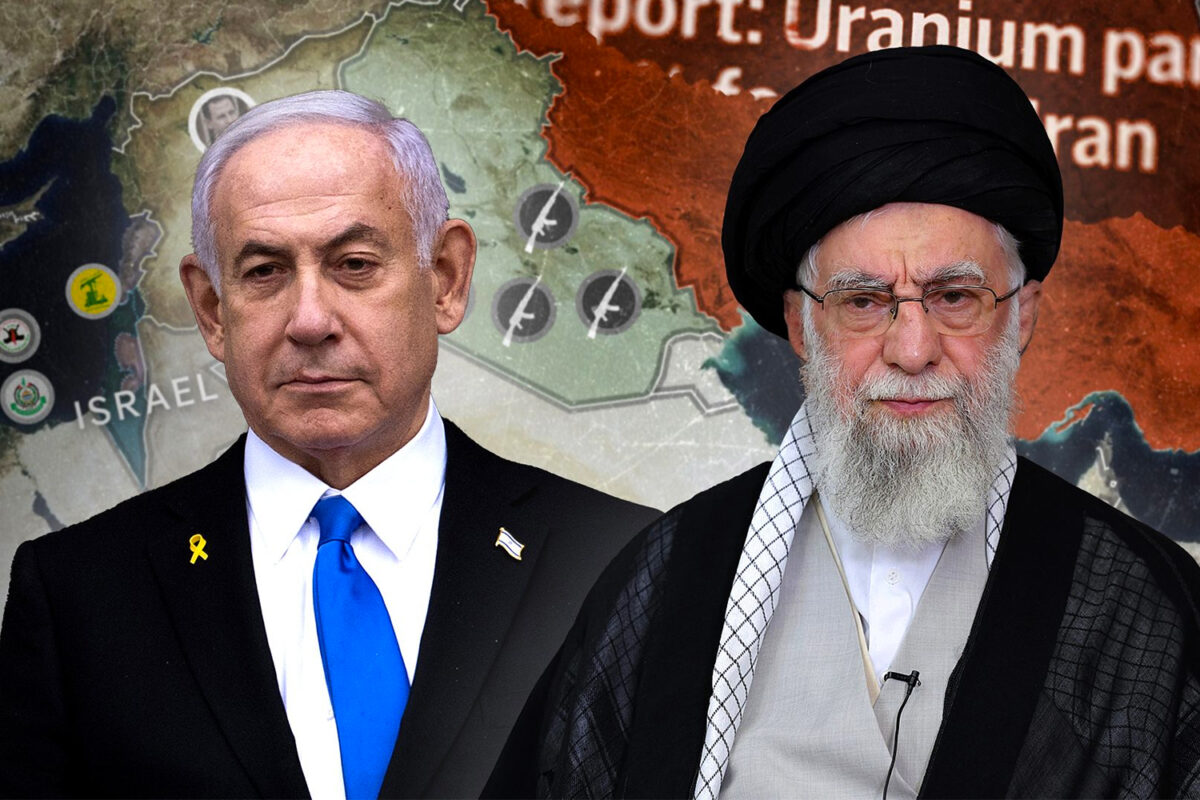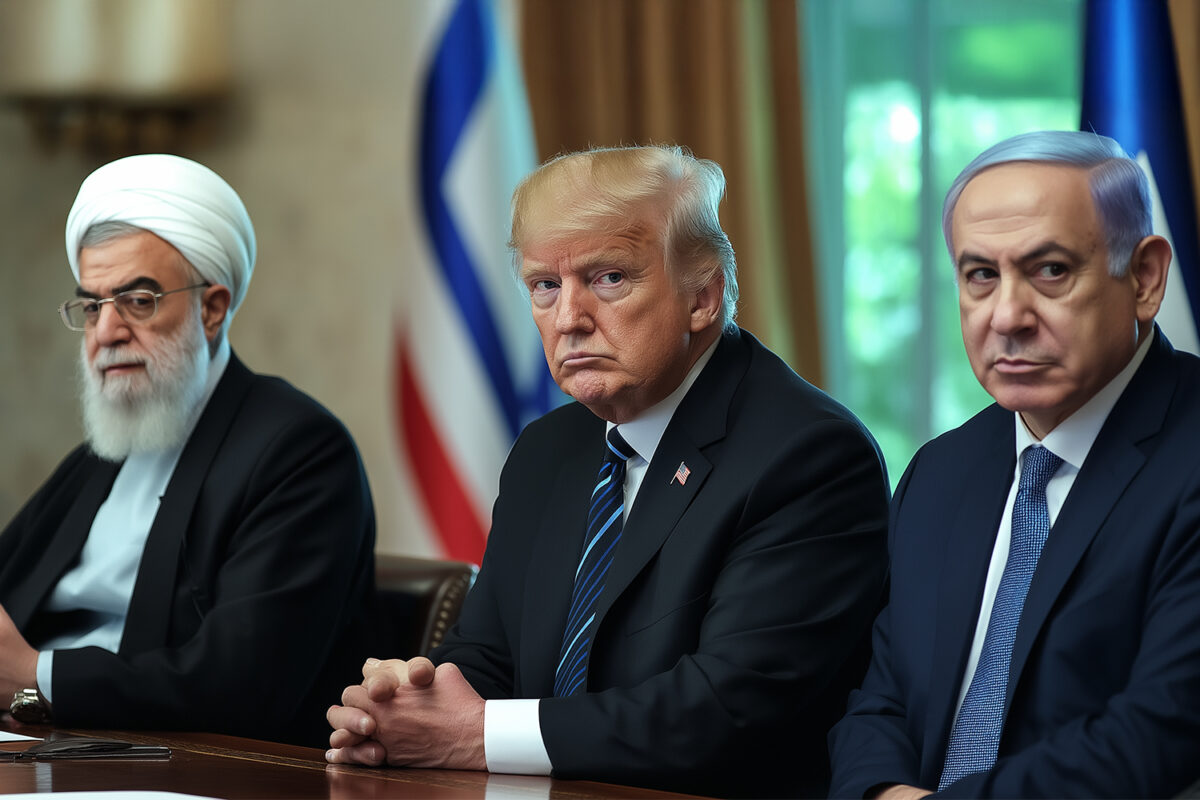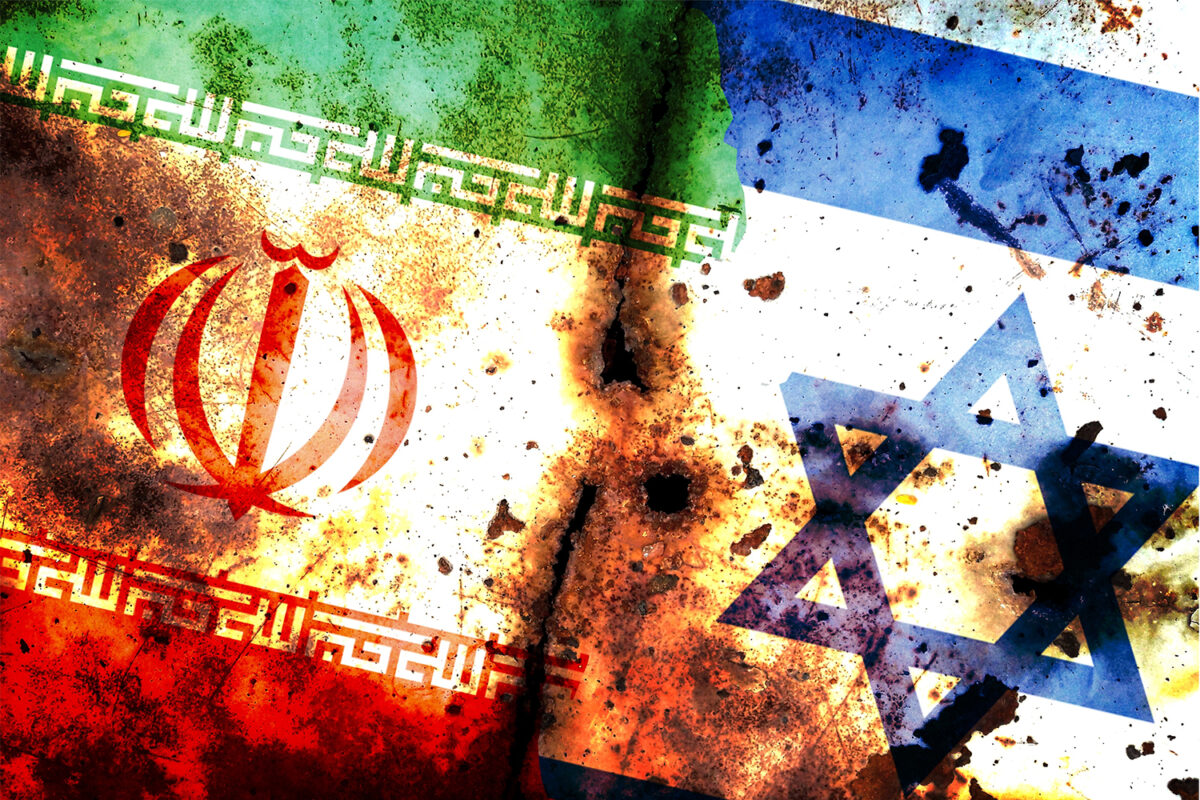As the uprising in Syria reached 5 years in March 2016, RO analyses the current status quo and where the battle for the country is heading
By Adnan Khan
US officials confirmed April 24th that US president Barack Obama is planning to send another 250 ground troops into Syria to join the troops already there.[1] This was said to
have been on the upper end of the proposals being pushed by the Pentagon. Five years on from when the uprising in Syria began, western solutions to the conflict are struggling to succeed. Whilst the other Arab spring nations in the region have returned back to the pre-revolutionary systems or are marred in civil war, in Syria at every turn western solutions to the conflict have failed to traverse a fortified castle – the Syrian people.
The west from the very early days of the uprising in Syria has been working to establish a loyal opposition. The aim here was the creation of an opposition that could be negotiated with, weapons could also be provided to them and they then represent Syria in international conferences. The US strategy became clear when it only spoke with certain groups over others. It also never gave any group enough weapons that would tilt the balance in the country. The Wall Street Journal highlighted in 2015: “Some weapons shipments were so small that commanders had to ration ammunition. One of the US’s favorite trusted commanders got the equivalent of 16 bullets a month per fighter. Rebel leaders were told they had to hand over old antitank missile launchers to get new ones.”[2] The Free Syrian Army (FSA) and the Syrian National Coalition (NC) were both eclipsed by groups the west did not want to do business with. The western strategy has been to bolster secular factions over the sincere factions, which includes the Islamic factions. This has been a complete failure, because, as was outlined by one journalist who spent time in Syria, 80% of the current resistance fighters all fight under one Islamic banner or another (excluding ISIS).[3]
The major groups fighting in Syria who have made considerable progress and are bleeding the al-Assad regime to death, with support from the people of Syria, have never been invited to the multiple conferences that have taken place on Syria. Ahrar al Sham attended the Riyadh conference back in December 2015, but refused to sign the final document,[4] whilst Jabhat al-Nusra is considered an al-Qaeda franchise and thus not invited. Both groups enjoy considerable support as they defeated regime forces in much of the North of Syria and administered these regions winning much praise from the Syrian people. Their Islamic credentials also resonate with the people too. Not only are they the two largest individual groups but they are a part of a larger coalition called Jaysh Al Fatah whose authority and control has been growing exponentially since the beginning of 2015. None of these groups are party to the Geneva talks that continue to take place. Much of the attendees at the Geneva conferences are secular groups, whilst the stronger Islamic ones are constantly left out. Jabhat al Nusra is accused of links to Al Qaeda, in spite of the fact that Nusra leader, Abu Muhammad Jolani, has publicly stated that attacks outside of Syria will not be staged, planned, or financed from Syrian territory under his control and his very public fall-out with ISIS. As far as the west is concerned non-secular groups are not viewed as part of the solution to Syria, even if they are the most influential groups in the country.
[pullquote align=”right” color=”” class=”” cite=”Walid Al-Moallem, Syrian Foreign Minister” link=””]“We know that those who plan evil for Syria and those who demand the establishment of the Islamic Khilafah state will not stop at the borders of Syria. So what we are currently doing is even defending Jordan, Lebanon and Turkey.” [/pullquote]
To divide the revolutionaries, the US announced in 2015 the direct training and equipping of forces fighting on the ground in Syria. The aim here was to halt the gains the rebel forces were making, in order to make negotiations using the Geneva accords, thus halting the revolutionary rebels who are working for real change. The train and equip program included training around 5,000 rebel fighters. Turkey agreed to host the program as well as Saudi Arabia and Qatar. But this new Syrian force was a disastrous failure, with two “classes” of rebels sent to Syria, numbering around 125 in all, and accomplishing nothing. The first class was 54 people, and were quickly routed by Jabhat al-Nusra.[5] Incredibly, that was probably less of a failure than the second class, which saw roughly 70 fighters show up in Syria from Turkey and more or less immediately give all their US-made weapons and vehicles to Jabhat al-Nusra. The US was so embarrassed that the Pentagon insisted they’d never trained this second class.[6]
The chief reason western solutions are failing is the central role Islam is playing which has motivated for the people in Syria to continue their struggle after a 5 years of brutal war.
Walid Al-Moallem in a press conference in June 2013 confirmed what was at stake in the country and the region, he said: “We know that those who plan evil for Syria and those who demand the establishment of the Islamic Khilafah state will not stop at the borders of Syria. So what we are currently doing is even defending Jordan, Lebanon and Turkey.”[7] The Geneva negotiations are to end what the west call the civil war, which requires the handpicked opposition to negotiate with the levitra alternatives al-Assad regime. The terms of this agreement are to ensure a transitional government includes elements of the al-Assad regime. So the west plans to maintain the regime through its handpicked opposition going into government and sharing power with the al-Assad regime. This is at complete odds with the masses and the revolutionary groups who see Islam and not secularism as the future of their revolution.
All the stakeholders are very clear on what is taking place in Syria and what the implications are if the people succeed. This is why they have, in reality, propped up Bashar al-Assad by doing little physical actions against him and hidden this behind lots of rhetoric. The rebel groups along with the Syrian people have continued their struggle despite the odds against them. The factions the US would like to see victorious have no credibility within Syria. As a result, the US continues to reiterate a long battle in Syria, potentially into a decade long war. This posture highlights the fact that the US and the west will be involved in Syria for some time. The conflict will take a long time to resolve as the US desired outcome has failed to take shape.
[1] http://www.reuters.com/article/us-mideast-crisis-usa-syria-idUSKCN0XL0ZE
[2] http://www.wsj.com/articles/covert-cia-mission-to-arm-syrian-rebels-goes-awry-1422329582
[3] http://www.bilalabdulkareem.com/qa/
[4] http://carnegieendowment.org/syriaincrisis/?fa=62263
[5] http://news.antiwar.com/2015/07/16/first-us-trained-rebels-all-54-of-them-enter-syria/





